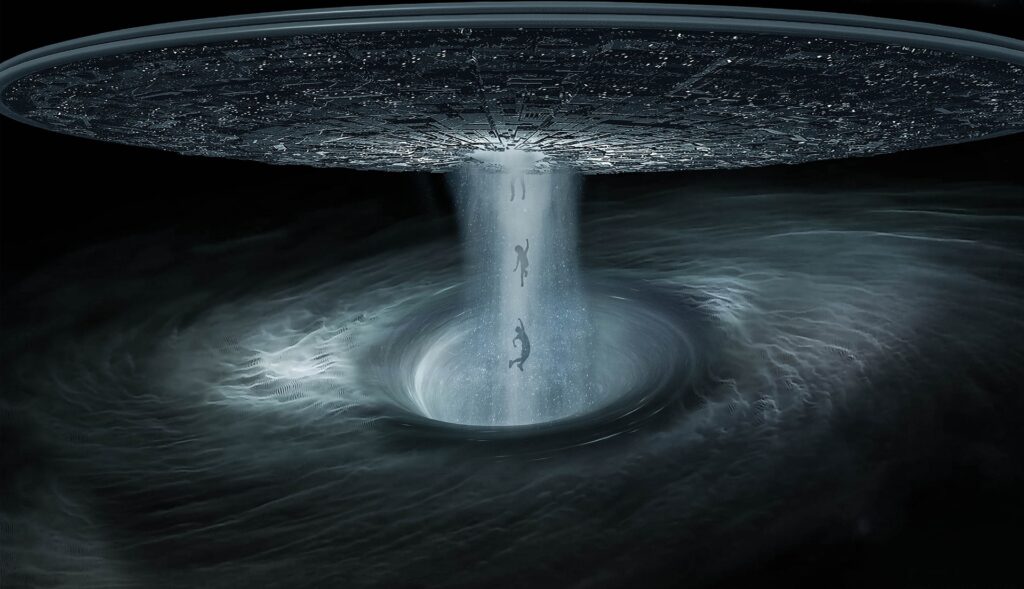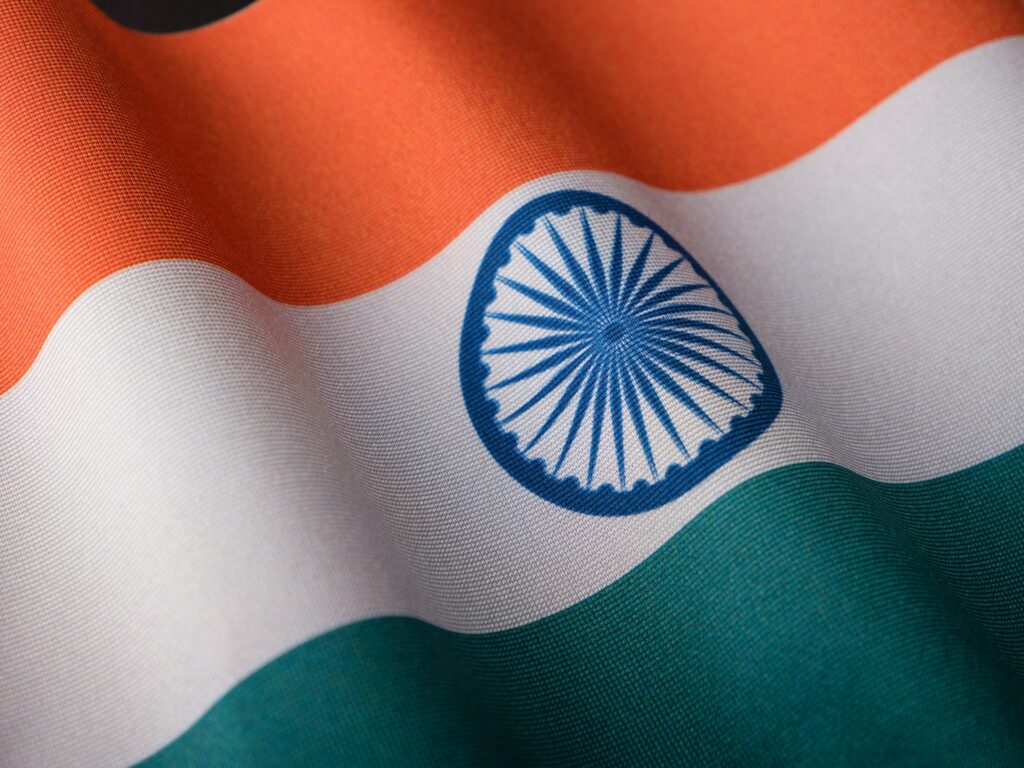The question “What happens to you after you die?” or “Life after death” has been a profound inquiry into human existence, delving into the realms of science, religion, and philosophy!
This blog will explore this enigmatic question from various perspectives, seeking to understand the myriad beliefs and scientific viewpoints regarding life after death
Scientific perspective on life after death
Science approaches the concept of life after death with a focus on observable and measurable phenomena. The predominant view is that consciousness is a product of brain activity. When the brain ceases to function, consciousness is believed to end.
Is there life after death, according to science?
From a scientific standpoint, there is no empirical evidence to support the existence of an afterlife. Research into near-death experiences (NDEs) suggests that these phenomena can often be explained by brain activity under extreme stress or duress. Studies in neuroscience have shown that many aspects of NDEs can be replicated through the stimulation of specific brain regions or the use of certain drugs.
However, the absence of evidence is not necessarily evidence of absence. The vastness and complexity of the universe leave room for possibilities beyond our current understanding. Scientists continue to explore the boundaries of consciousness, seeking answers to whether it can exist independently of the physical body.
Religious perspectives on life after death
Different religions across the world have distinct beliefs about what happens after death. These beliefs offer comfort, purpose, and moral guidance to their adherents.
1. Life after death in Hindu religion
Hinduism teaches the doctrine of reincarnation, where the soul (Atman) is reborn into a new body after death. The cycle of birth, death, and rebirth (Samsara) continues until the soul achieves Moksha or liberation. This liberation is attained through righteous living, meditation, and devotion to God, ultimately leading to unity with Brahman, the supreme consciousness.
2. Life after death in Islam
Islam asserts a clear concept of the afterlife. Upon death, the soul enters an intermediate state known as Barzakh until the Day of Judgment. On this day, all individuals will be resurrected and judged by Allah. The righteous will be rewarded with eternal bliss in Jannah (Paradise), while the wicked will face punishment in Jahannam (Hell).
3. Life after death in Christianity
Christianity teaches that after death, individuals face judgment by God. The souls of the righteous are granted eternal life in Heaven, a place of perfect peace and communion with God. Those who have rejected God’s grace will face eternal separation from Him in Hell. This belief underscores the Christian emphasis on faith, repentance, and the hope of resurrection.
4. Life after death in Jews
Judaism has diverse views on the afterlife, but common themes include the belief in Olam Ha-Ba (the World to Come) and the resurrection of the dead. The righteous are believed to be rewarded in the World to Come, while others undergo purification. The specifics of these beliefs can vary, but they generally emphasize living a righteous life according to God’s commandments.
5. Life after death in Sikhs
Sikhism combines elements of reincarnation with the ultimate goal of merging with God. The soul is believed to go through cycles of birth and death, determined by one’s actions (Karma). Liberation (Mukhti) is achieved through living a life of devotion, righteousness, and selfless service, leading the soul to merge with Waheguru (God).
Philosophical perspectives on life after death
Philosophy provides a rich terrain for exploring the question, “Is there life after death philosophy?” Philosophers have debated this issue for centuries, considering the implications of mortality, consciousness, and the nature of existence.
Some philosophical perspectives argue that if there is nothing after death, what is the point of life? They suggest that the meaning of life is found in the experiences and relationships we cultivate and the legacies we leave behind. Existentialist philosophers, for example, argue that life’s meaning is not predetermined but is something we create through our actions and choices.
Is there any proof of an afterlife?
The quest for proof of an afterlife remains one of the most challenging endeavours. While religious texts provide accounts of life after death, these are based on faith rather than empirical evidence. Near-death experiences, though compelling, lack the scientific rigour to be considered definitive proof.
Parapsychology explores phenomena like ghosts and mediumship, but these studies often face skepticism from the broader scientific community due to issues of reproducibility and verifiability. Ultimately, the proof of an afterlife remains elusive, and belief in it often hinges on personal faith, spiritual experiences, or philosophical contemplation.
What happens in the afterlife?
Descriptions of the afterlife vary widely across different cultures and religions. In many traditions, it is depicted as a realm where souls continue to exist in a different form, experiencing joy or suffering based on their earthly actions. Whether it is the eternal bliss of Heaven, the cycles of reincarnation, or the spiritual union with the divine, the afterlife represents the continuation of the soul’s journey.
Are there signs of life after death?
People often seek signs of life after death through various means, such as spiritual experiences, dreams, and encounters with what they perceive as the spirits of the deceased. While such signs can be deeply meaningful on a personal level, they remain subjective and are not considered scientific evidence.
What happens after you die, where do you go?
The destination of the soul after death is a central theme in many religious beliefs. For Hindus, the soul is reborn in a new body. Muslims believe the soul awaits judgment in Barzakh. Christians look forward to Heaven or fear Hell based on their faith and deeds. Jews anticipate the World to Come, and Sikhs strive for union with God.
In conclusion, the question “Is there life after death?” touches on the deepest aspects of human existence. While science remains skeptical due to the lack of empirical evidence, religious and philosophical perspectives offer diverse and rich interpretations of what might lie beyond death.
Ultimately, the belief in an afterlife is a personal journey shaped by faith, experience, and the quest for meaning!
While you are here (both literally and figuratively), discover the top places to visit in Europe.
FAQ
The fear of the afterlife is often referred to as “thanatophobia.” This term specifically describes the fear of death and what comes after, which can manifest in anxiety about the unknown, fear of non-existence, or dread of eternal punishment.
Overcoming the fear of death involves several approaches. Engaging in open discussions about death, seeking spiritual or religious guidance, practicing mindfulness and meditation, and focusing on living a fulfilling life can help alleviate this fear. Therapy and counselling are also effective in addressing thanatophobia.
Belief in life after death is often rooted in religious teachings, cultural traditions, and personal experiences. Many find comfort in the idea of an afterlife, as it provides a sense of purpose, hope, and connection to loved ones who have passed away. Spiritual experiences and near-death encounters can also reinforce this belief.

